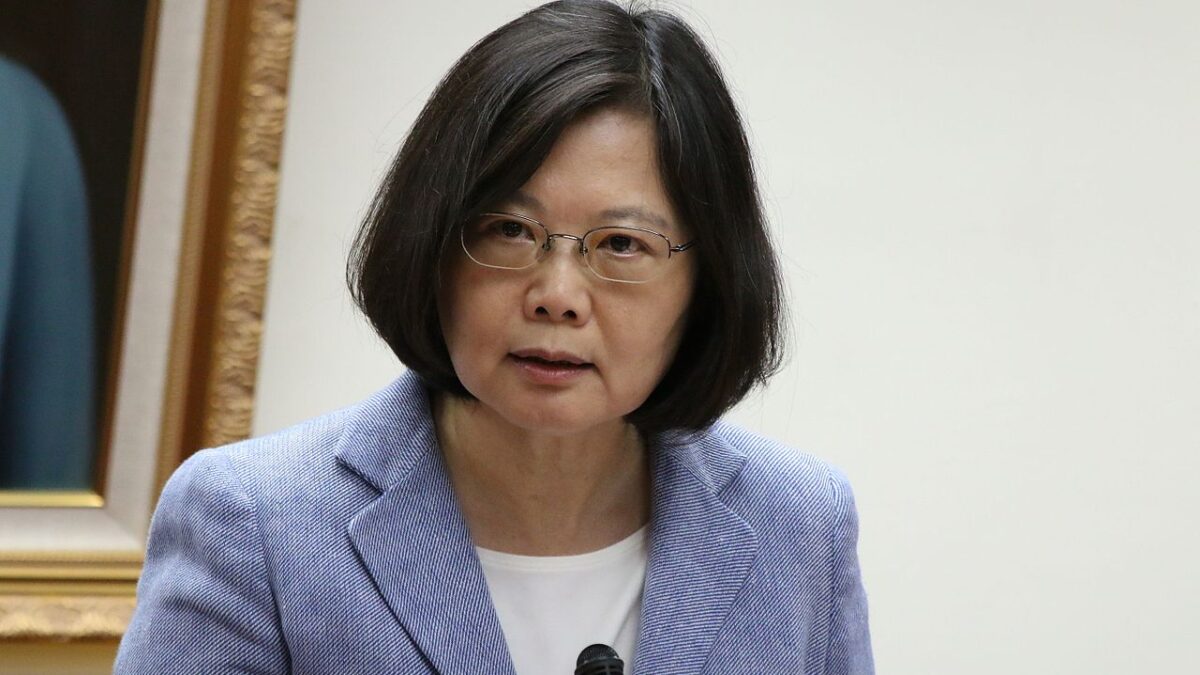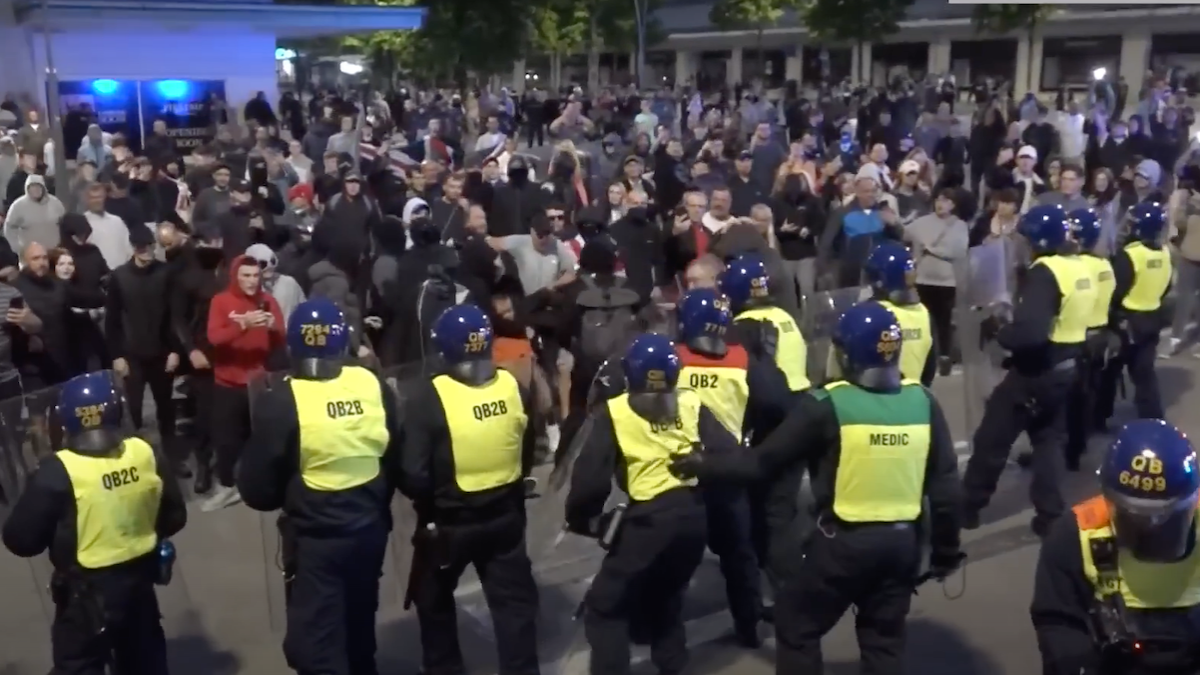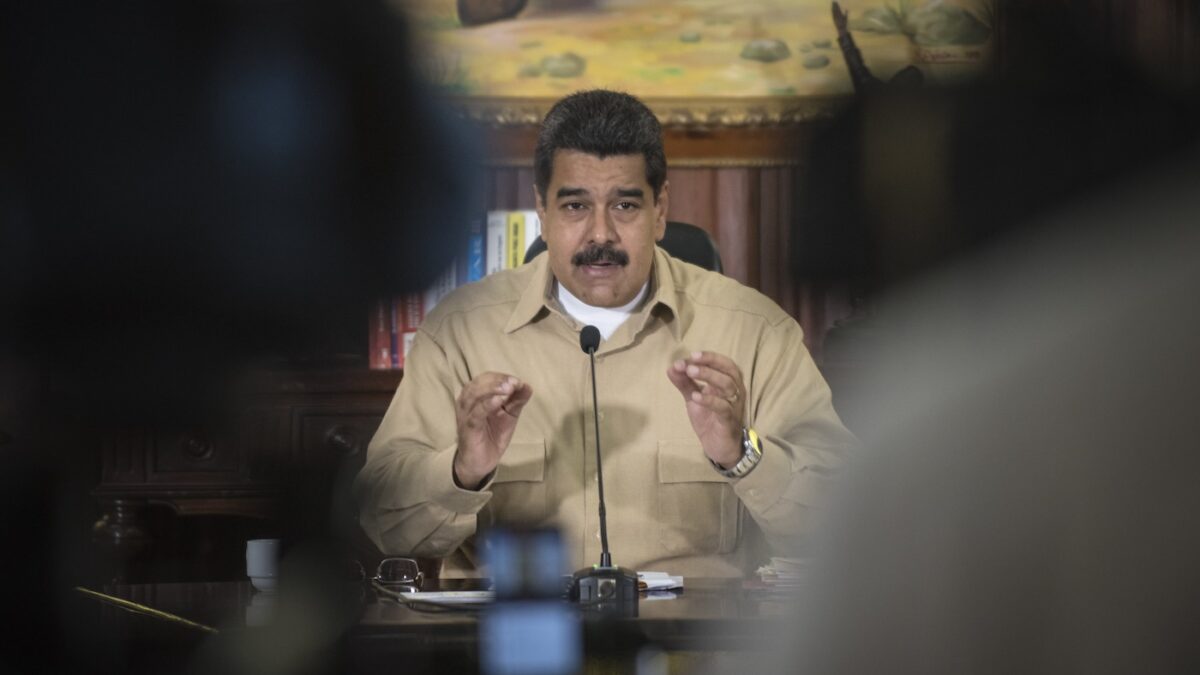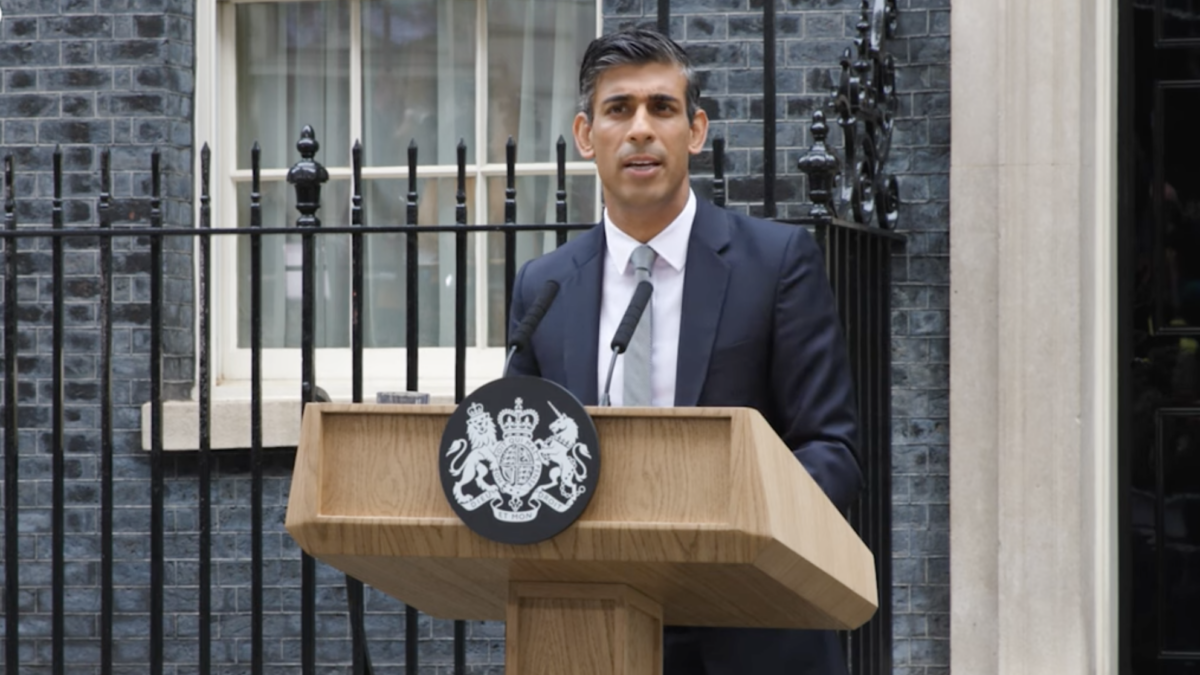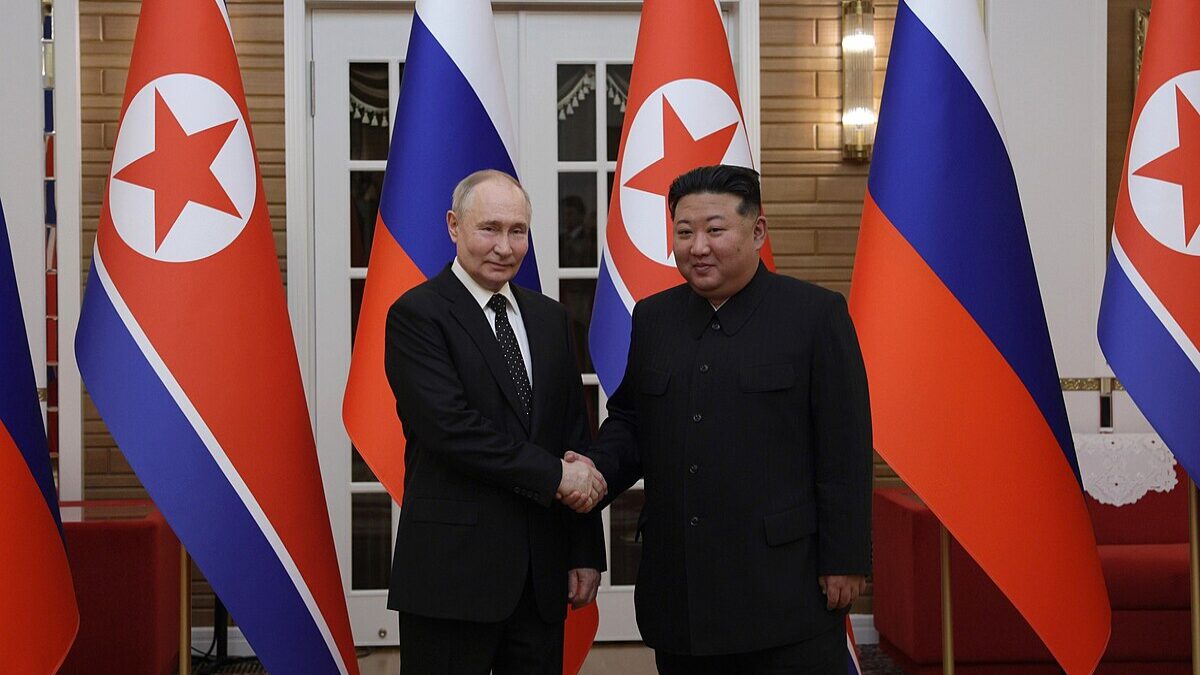Russia’s invasion of Ukraine has raised the concern that China’s leader Xi Jinping may be emboldened to invade Taiwan soon. Such fear has shifted attitudes and strategic thinking in Taiwan and its ally Japan.
The last time Taiwan faced military assault by the People’s Liberation Army (PLA) was in 1958. On August 23, under Chairman Mao Zedong’s directive, the PLA heavily bombed Quemoy, Matsu, and other surrounding offshore islands. The PLA’s bombardment of Taiwan only stopped after the United States demonstrated its will to defend Taiwan by sending six aircraft carriers, three heavy cruisers, 40 destroyers, and two air force divisions to Taiwan strait.
Since then, the Taiwanese people have enjoyed several decades of peace and prosperity. The Chinese Communist Party changed tactics and had hoped that deepening economic ties between Taiwan and mainland China would eventually “reunite” Taiwan with the motherland peacefully. To the CCP’s disappointment, a poll shows that most Taiwanese don’t identify as Chinese.
China’s Xi Jinping vowed never to rule out taking Taiwan by force. The PLA has increased both the frequency and the number of fighter jets it sent near Taiwan’s air defense identification zone (ADIZ), hoping to intimidate the Taiwanese people. Still, most Taiwanese didn’t take Beijing’s military threat seriously until Russia invaded Ukraine.
Taiwan’s People Prepare
The Taiwanese people are shaken by the brutality of modern warfare and the increased possibility that they could experience similar attacks by China. They have seen that the United States and its western allies didn’t send any troops to Ukraine. Instead, they have only imposed economic sanctions against Russia and provided economic and military aid to Ukraine.
The Taiwanese couldn’t help but realize that they could count on no one but themselves to defend their island if China invades. They have also found inspiration from Ukrainians’ ferocious resistance. Interest among ordinary Taiwanese in taking first-aid or self-defense training has jumped since Russia’s invasion of Ukraine began, according to the Wall Street Journal.
Taiwanese government officials and national security experts are reassessing the island’s defense strategy based on the tactics and weaponry Ukrainians deployed to hold off Russia’s advance. Some noted that “Russia’s difficulties getting paratroopers in shows how important functioning air defenses are… and how useful small, mobile systems such as Stinger man-portable missiles and Javelin anti-tank missiles are in that situation,” according to the Financial Times. From Ukraine’s resistance, Taiwan’s defense officials learned that “lightweight and indigenously-developed Kestrel shoulder-launched anti-armor rocket” are some must-have weapons for urban warfare.
Taiwan President Tsai Ing-wen favors the idea of “asymmetric warfare,” the same strategy the Ukrainian military deployed “to make its forces more mobile and hard to attack with, for example, vehicle-mounted missiles,” Reuters reports.
There is a debate about revising the island’s military conscription program, established in 1951. Since 2013, the conscription period has been reduced from two years to four months. Many defense experts have complained that the current conscription period is too short and the training inadequate.
In the past, since any discussion of extending the conscription period polled poorly, the Taiwanese government hesitated to debate the issue publicly. But now, the Ukraine crisis has shifted public opinion. More and more Taiwanese are willing to at least debate extending the conscription period to be better prepared to defend their homeland.
Japan Reacts to Ukraine
The Ukraine crisis has had surprising effects on Japan too. Since World War II, Japan has vowed to be a pacifist nation. Its post-war constitution forbids the country from raising its military and limits its defense spending to 1 percent of GDP. There is also a solid anti-military sentiment in large parts of Japanese society that makes any discussion of increasing defense spending unpopular.
But in recent years, the Japanese people have become uneasy with China’s increasing aggression in Hong Kong, the South China Sea, and the disputed Senkaku Islands. Japan has been vocal about China’s military threat to Taiwan. Given the geographical proximity of Taiwan and Japan, Japan regards a Chinese invasion of Taiwan as a direct threat to Japan’s security.
Former Japanese Prime Minister Shinzo Abe warned that “A Taiwan emergency is a Japanese emergency.” After Russia invaded Ukraine, Abe called on the Biden administration to abandon the U.S. government’s long-held “strategic ambiguity” position on Taiwan, which doesn’t commit the United States to Taiwan’s defense.
Japan Considers Increased Defense
Japan also found an unexpected source of inspiration: Germany. After Russia invaded Ukraine, Germany surprised the world by announcing that it would double its defense spending to 2 percent of GDP, a target set by NATO that Germany had resisted for decades.
Germany’s sudden change of heart ignited a debate in Japan about whether Tokyo should follow suit to increase its defense spending to 2 percent of GDP. Prime Minister Fumio Kishida recently said, “In light of the recent invasion of Ukraine, a new National Security Strategy (NSS) will be formulated, and we must firmly discuss what exactly is required to protect the lives and livelihoods of the Japanese people.”
Besides calling for increasing defense spending, former prime minister Abe also kicked off a debate on housing American nuclear weapons on Japanese soil under NATO’s nuclear-sharing arrangement. Former U.S. President Trump had brought up this idea.
As the only country attacked by atomic weapons in the past, hosting nuclear weapons had been a non-starter in Japan. But the Ukraine crisis has compelled Japan to look for ways to shore up its defense against China.
For now, Prime Minister Fumio Kishida is focused on increasing the defense budget while rejecting Abe’s call for nuke-sharing with the United States. Kishida may have to reconsider soon, since China announced that it would increase defense spending by 7.1 percent to $229 billion in 2022. Most China observers believe China’s actual defense spending is much higher than this official figure.
In addition, U.S. intelligence agencies released a report this week saying China “will continue the largest-ever nuclear force expansion and arsenal diversification in its history,” and it isn’t “interested in agreements that restrict its plans,” according to U.S. intelligence.
It is difficult for Japan to remain pacifist as Beijing enhances its military capacity to advance its geopolitical dominance in Asia and beyond. At the same time, from Afghanistan to Ukraine, the Biden administration has shown it is incompetent and unreliable during a crisis.
The Ukraine crisis has brought unconscionable suffering to the Ukrainian people, and it revealed some of the harm authoritarian regimes can cause. If there is one positive outcome of this crisis, Taiwan and Japan have begun to take China’s military threat seriously. The steps they are taking to strengthen their defense may keep the peace in the region by deterring China from launching military strikes against Taiwan.
